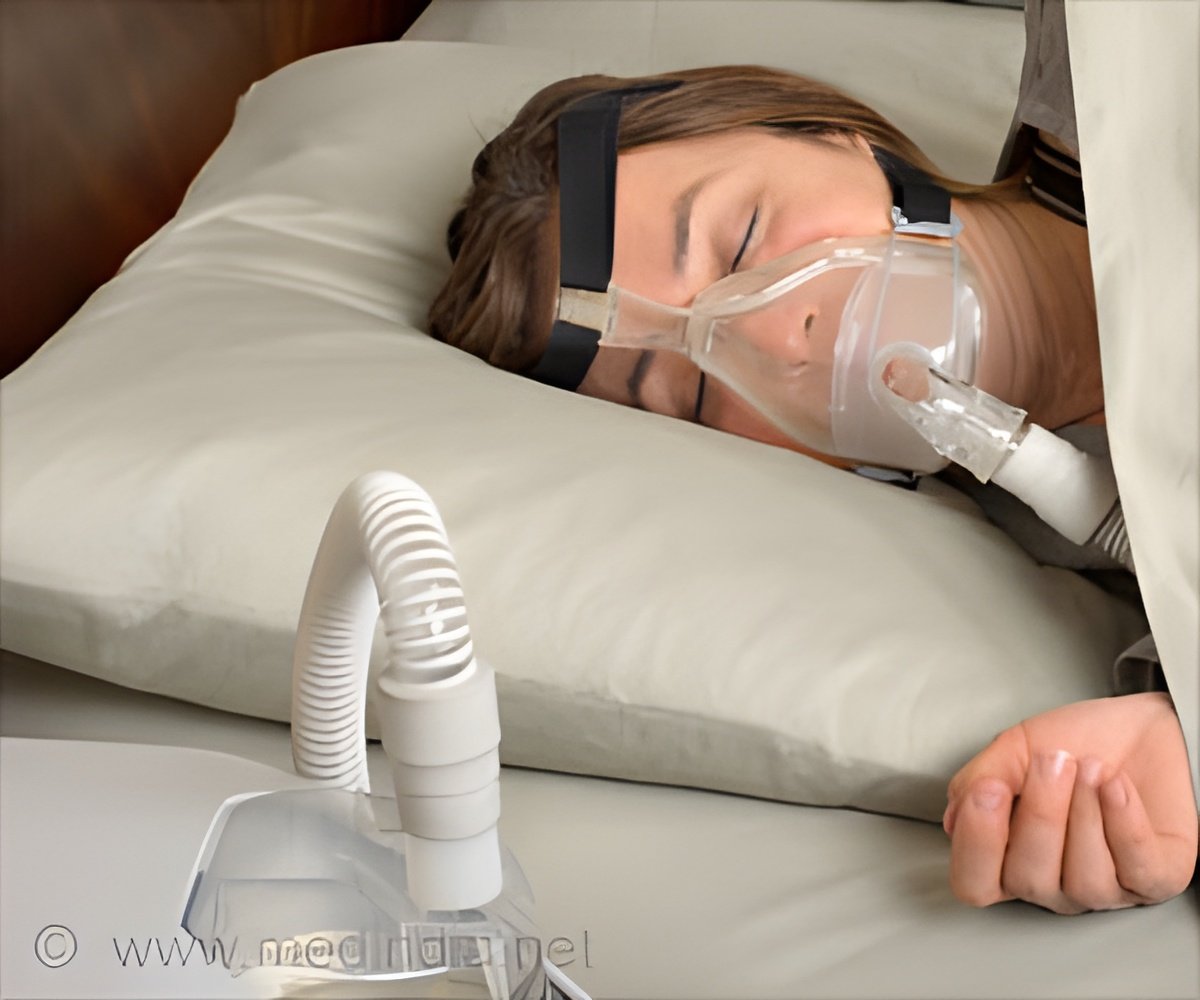More severe sleep-disordered breathing is associated with epigenetic age acceleration, stated study.

TOP INSIGHT
Individuals whose biological age is higher than their chronological age exhibit age acceleration or fast aging.
Sleep-disordered breathing, such as obstructive sleep apnea, is characterized by abnormalities of respiration during sleep. Episodes often result in reductions in blood oxygen saturation and are usually terminated by brief arousals from sleep. Nearly 30 million adults in the U.S. have obstructive sleep apnea. Common warning signs include snoring and excessive daytime sleepiness. According to the authors, epigenetic age acceleration is a DNA methylation-based marker of fast biological aging, and it is associated with modifiable lifestyle factors. Although sleep-
disordered breathing is associated with multiple age-related health disorders, its relationship with epigenetic aging has not been well studied.
The study involved 622 adults with a mean age of 69 years; 53.2% were women. Participants were measured for blood DNA methylation, and their sleep was evaluated at home by polysomnography. Age acceleration measures were calculated as residuals from the regression of each epigenetic age on chronological age. The association of each sleep-disordered breathing trait with age acceleration was estimated using linear regression, controlling for socio-demographics, health behaviors, body mass index, and study site.
Another surprising finding was that the associations were stronger in women than in men, suggesting that women may be particularly vulnerable to the adverse effects of sleep-disordered breathing.
"Since sleep-disordered breathing is not only common and treatable, but often undiagnosed and under-treated, our data highlight the potential for sleep-disordered breathing treatment to improve age-related chronic conditions and longevity," said Li. "Because epigenetic changes are reversible, epigenetic age estimators may be useful for identifying and validating anti-aging interventions."
Source-Eurekalert
 MEDINDIA
MEDINDIA



 Email
Email






